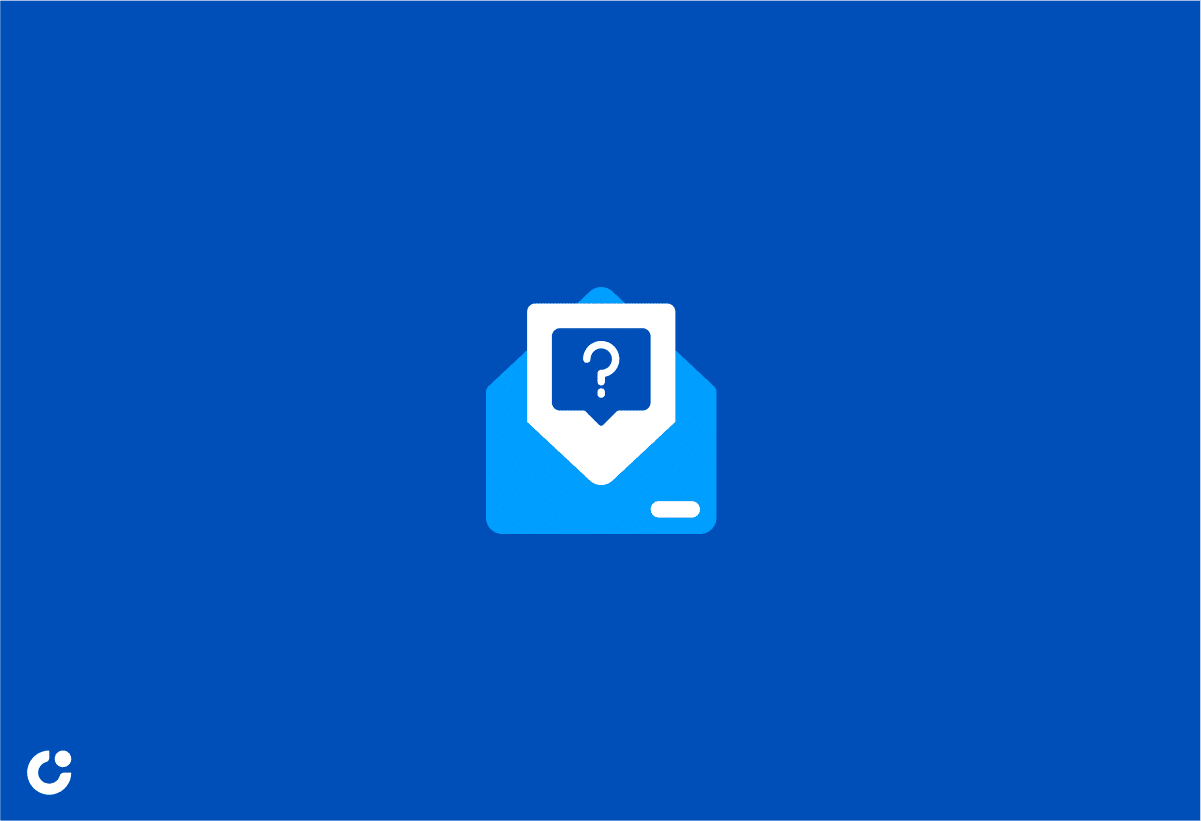Imagine landing an opportunity to connect with professionals in your desired industry, gaining valuable insights and career advice, and expanding your network, all by sending a single cold email informational interview. Intrigued? Cold email informational interviews can be a game-changing strategy for job seekers and professionals alike.
In this blog post, you will discover the importance of cold email informational interviews, how to craft an effective cold email, a template to follow, strategies for increasing response rates, and essential post-interview etiquette.
Key Takeaways
- Cold emailing is an effective way to network, gain insights into the industry and receive career advice for informational interviews.
- Crafting an effective cold email includes personalizing it, demonstrating genuine interest and ensuring clarity & brevity.
- Strategies such as utilizing mutual connections, timing follow ups & staying persistent yet respectful can help increase response rates when requesting informational interviews.
The Importance of Cold Emailing for Informational Interviews
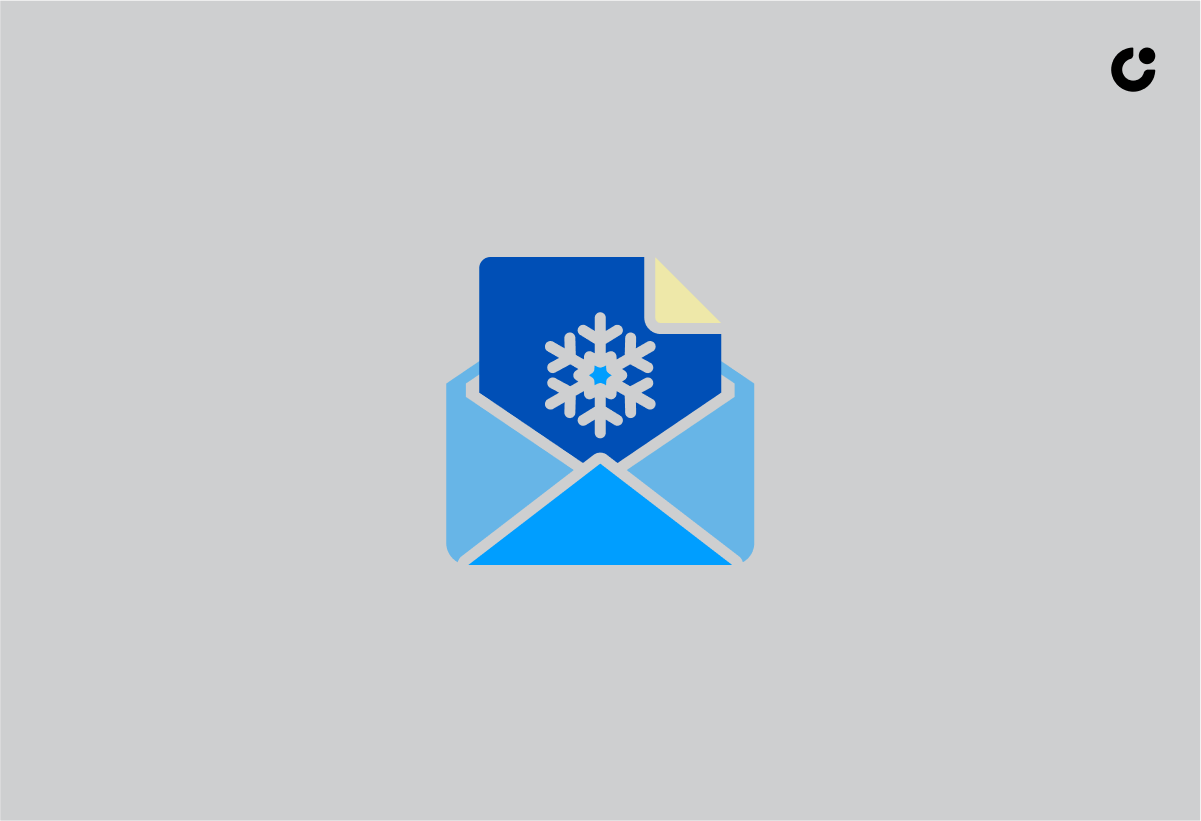
Cold emailing for informational interviews allows you to connect with professionals in your desired field, gaining not only valuable connections but also industry insights and career guidance. As a networking activity, informational interviews can open doors and create opportunities that would otherwise be challenging to access.
We’ll explore further the benefits of cold emailing for informational interviews such as facilitating professional networking, acquiring industry insights, and soliciting career advice.
Building a Professional Network

Building a professional network via cold emailing significantly contributes to career advancement and job prospects. Connecting with professionals in your intended field can provide you with valuable contacts that may open up job opportunities or offer career mentorship. Mentioning mutual connections in your email, such as someone from your alumni database or a mutual LinkedIn connection, can help establish credibility and trust, increasing the likelihood of a response.
While soliciting an informational interview, being straightforward and detailed in your request is beneficial, rather than being ambiguous or asking to “pick their brain”. You can mention that you have a few questions about their career path or industry insights that you would love to discuss further. This approach shows that you value their time and are genuinely interested in learning from their experiences.
Gaining Industry Insights

A key advantage of cold emailing for informational interviews is the chance to acquire priceless industry insights. These insights can inform your career decisions by helping you understand the job market, gaining insider knowledge, and exploring different career paths. Furthermore, industry insights can guide your job search strategy, allowing you to focus on the most relevant and promising opportunities.
Participating in discussions with professionals in your chosen field can reveal unexplored opportunities and make you cognizant of various industries’ challenges and trends. This knowledge can be a valuable asset in your job search, making you stand out from the competition and preparing you for future interviews and professional discussions.
Seeking Career Advice

Cold emailing for informational interviews also opens the door to obtaining career advice from seasoned professionals. These professionals can offer valuable guidance and direction to help you navigate your career path. By customizing your message and expressing sincere interest in their career, you can increase the chances of receiving a positive response and ultimately benefit from their expertise and advice.
For a fruitful informational interview, approach the conversation with authentic curiosity and respect for the other individual’s time. Asking well-thought-out questions and actively listening to their answers will demonstrate your interest and commitment to learning from their experiences. This approach can lead to valuable career insights and connections that can significantly impact your professional development.
Crafting an Effective Cold Email
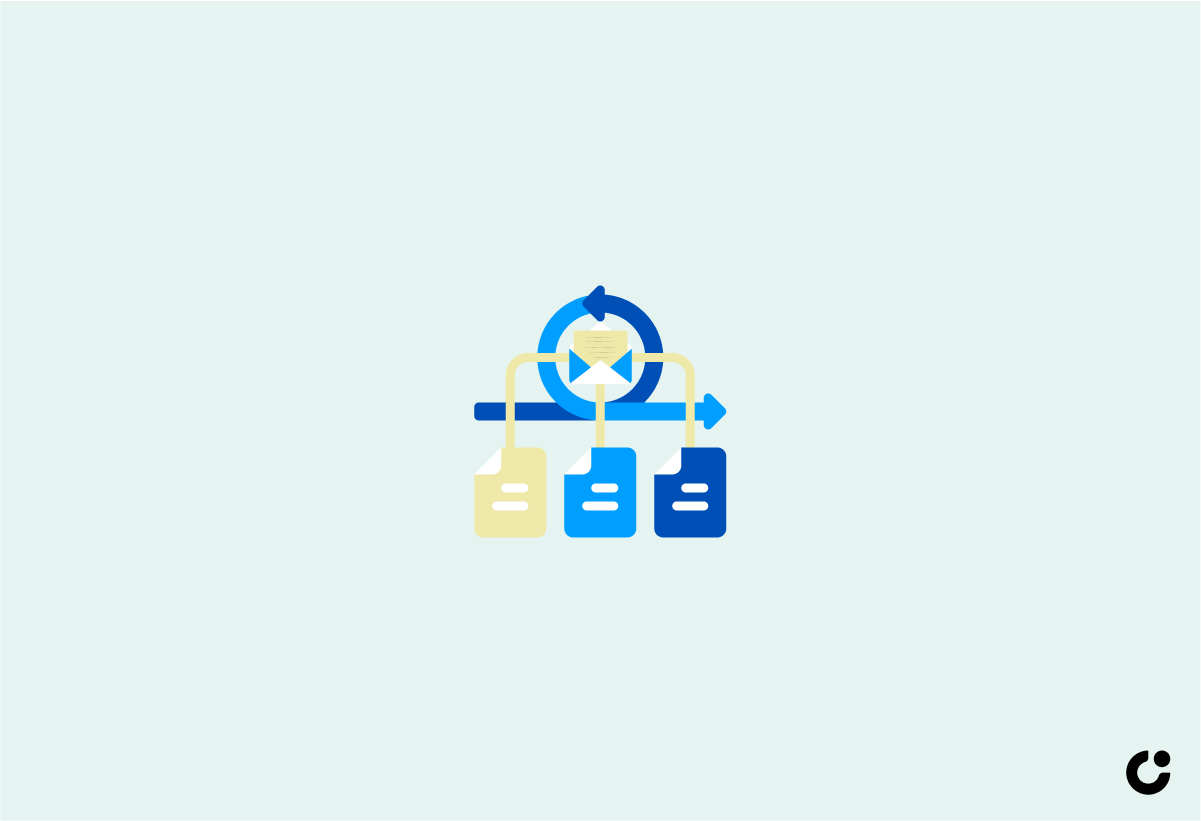
Having examined the significance of cold emailing for informational interviews, we can now discuss the art of composing an effective cold email. An impactful cold email should be personalized, demonstrate genuine interest, and be clear and concise.
In the subsequent subsections, we will unpack the specifics of tailoring your email, showing genuine interest, and maintaining clarity and brevity.
Personalizing Your Email
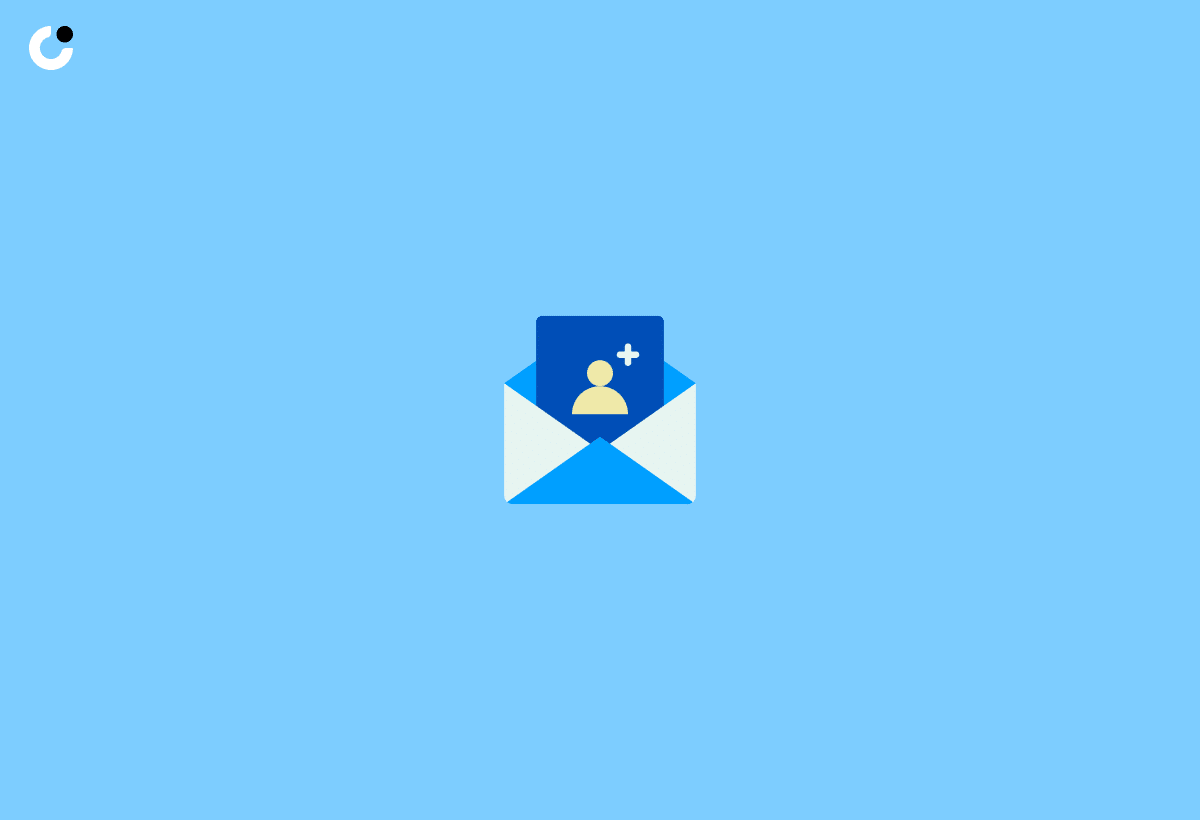
Customizing your email plays a vital role in boosting the response rate for informational interviews. Start by addressing the recipient by name, which shows that you’ve done your research and are genuinely interested in connecting with them. If you share a mutual connection, don’t hesitate to mention it in your email. This reference can establish credibility and build trust, making the recipient more likely to respond.
Beyond addressing the recipient by name and highlighting mutual connections, it’s important to give a succinct introduction of yourself. This introduction should include your name, your background, and your motivation for reaching out. This information will help the recipient understand who you are and why you are interested in connecting with them. Once you’ve established a connection, you can exchange each other’s person’s contact information for further communication.
Demonstrating Genuine Interest
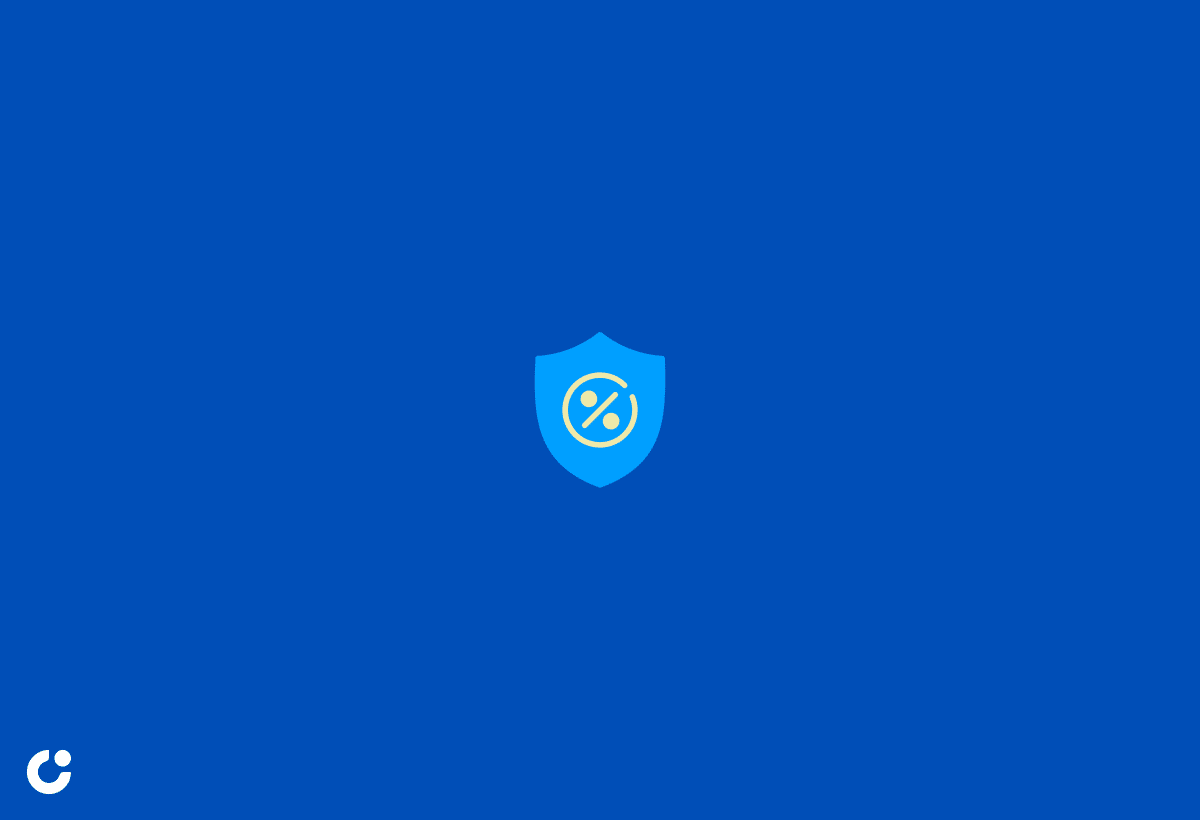
Showing sincere interest in the recipient’s career and field is key to crafting a captivating and appealing email. Use language that conveys enthusiasm, curiosity, and genuine interest in the recipient and the topic of discussion. This approach will effectively communicate your genuine interest in the email, making the recipient, dear Mr or Ms, more inclined to respond positively to your request. In fact, they might even love to hear from someone as engaged and interested as you.
Being polite and respectful in your email is also important when demonstrating genuine interest. This includes:
Addressing the recipient courteously, such as using “dear ms” or other appropriate salutations
Actively participating in the conversation
Refraining from making any negative remarks about former employers or colleagues
By maintaining a respectful tone and showcasing genuine interest, you increase your chances of receiving a positive response from hiring managers and securing an informational interview.
Ensuring Clarity and Brevity
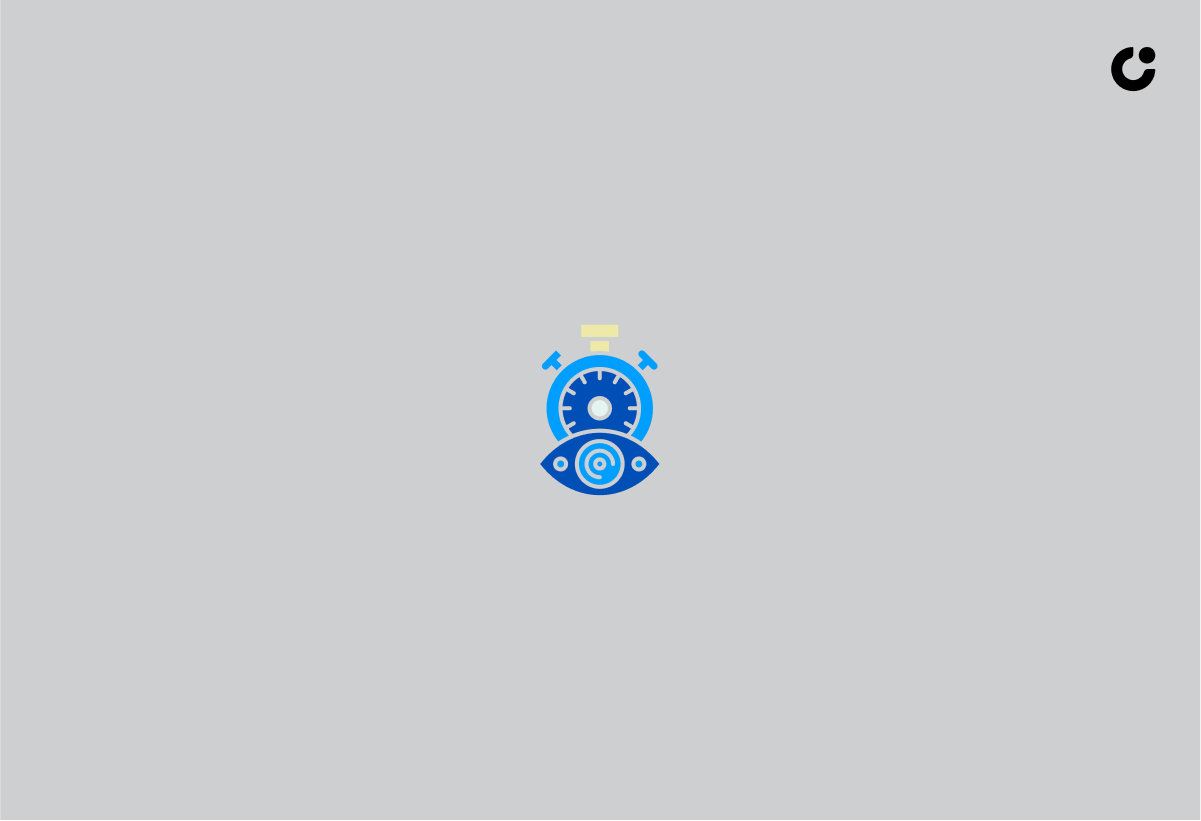
A compelling cold email should be:
Lucid and succinct, facilitating the recipient’s understanding of your request and their subsequent response
Have a subject line that is particularly important, as it can be the deciding factor in whether the recipient opens the email or not
Brevity is essential in a cold email, as it ensures that your message is not disregarded due to its length.
When writing your email, make sure to be explicit about your objectives for initiating contact. Clearly state the purpose of your request and what you hope to gain from the informational interview. This clarity will make it easier for the recipient to understand your request and respond positively.
By keeping your email short, precise, and focused, you increase the likelihood of securing an informational interview and making a positive impression on the recipient.
Cold Email Template for Requesting an Informational Interview
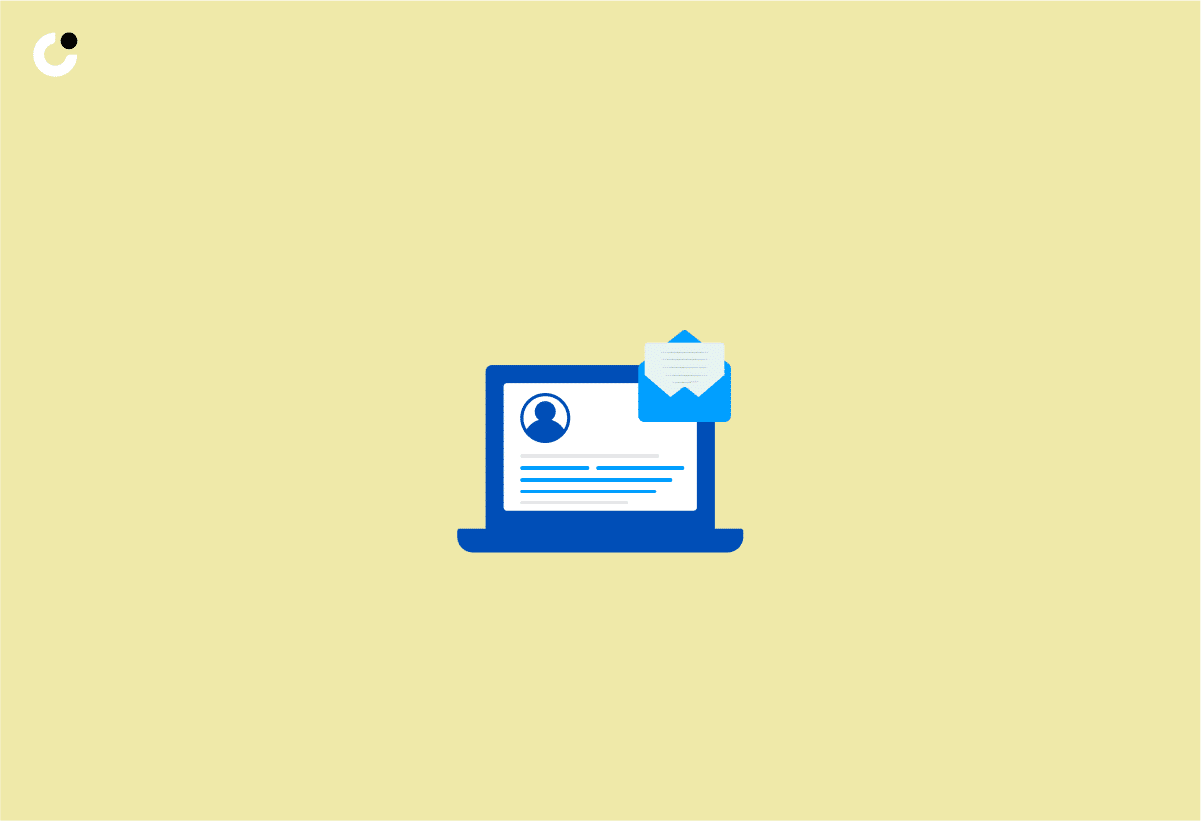
After discussing the significance of cold emailing for informational interviews and sharing tips for creating an effective email, let’s examine a cold email template suitable for soliciting an informational interview.
This template will be broken down into sections for personalization, expressing interest, and suggesting a time and format.
Personalization and Introduction
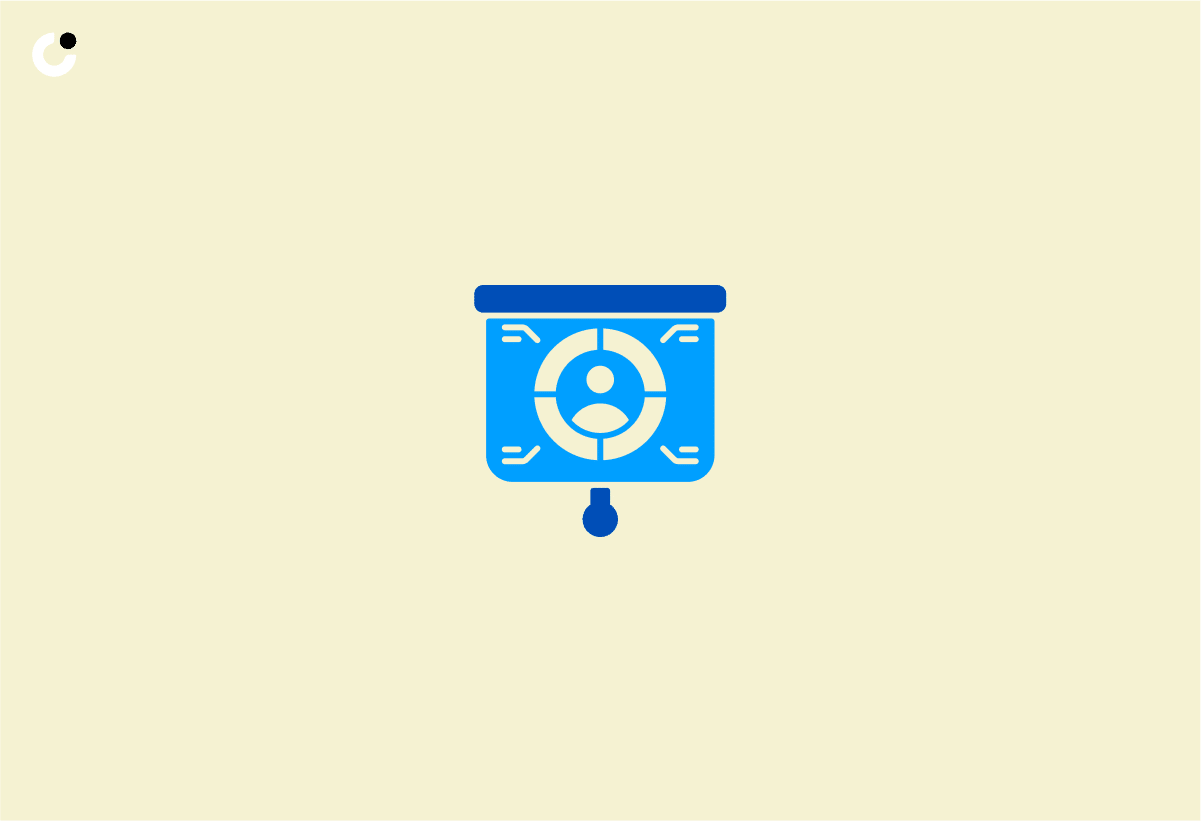
Begin your cold email by personalizing it with an introduction that includes your name, background, and any mutual connections you may have. This personalization helps establish credibility and trust, making the recipient more likely to respond positively to your request. For example, you could start your email with something like, “My name is [Your Name], and I’m a recent graduate in [Your Field]. I came across your LinkedIn profile and noticed that we both share a connection with [Mutual Connection].”
In addition to mentioning mutual connections, briefly explain your motivation for reaching out and requesting an informational interview. This explanation should focus on your genuine interest in the recipient’s career, the industry, and the insights you hope to gain from the conversation. By providing a clear and concise introduction, you set the stage for a successful cold emailing experience.
Expressing Interest and Purpose

After introducing yourself, clearly express your interest in the recipient’s career and industry, and explain the purpose of your request for an informational interview. For example, you might write something like, “I am truly intrigued by your career path in [Industry] and would love to have the opportunity to learn more about your experiences and any career advice you may have to offer.”
Be specific in your request and avoid asking general questions or simply requesting to “pick their brain.” Instead, mention that you have a few specific questions about their career path or industry insights that you would love to discuss further. This approach shows that you value their time and are genuinely interested in learning from their experiences.
Suggesting a Time and Format
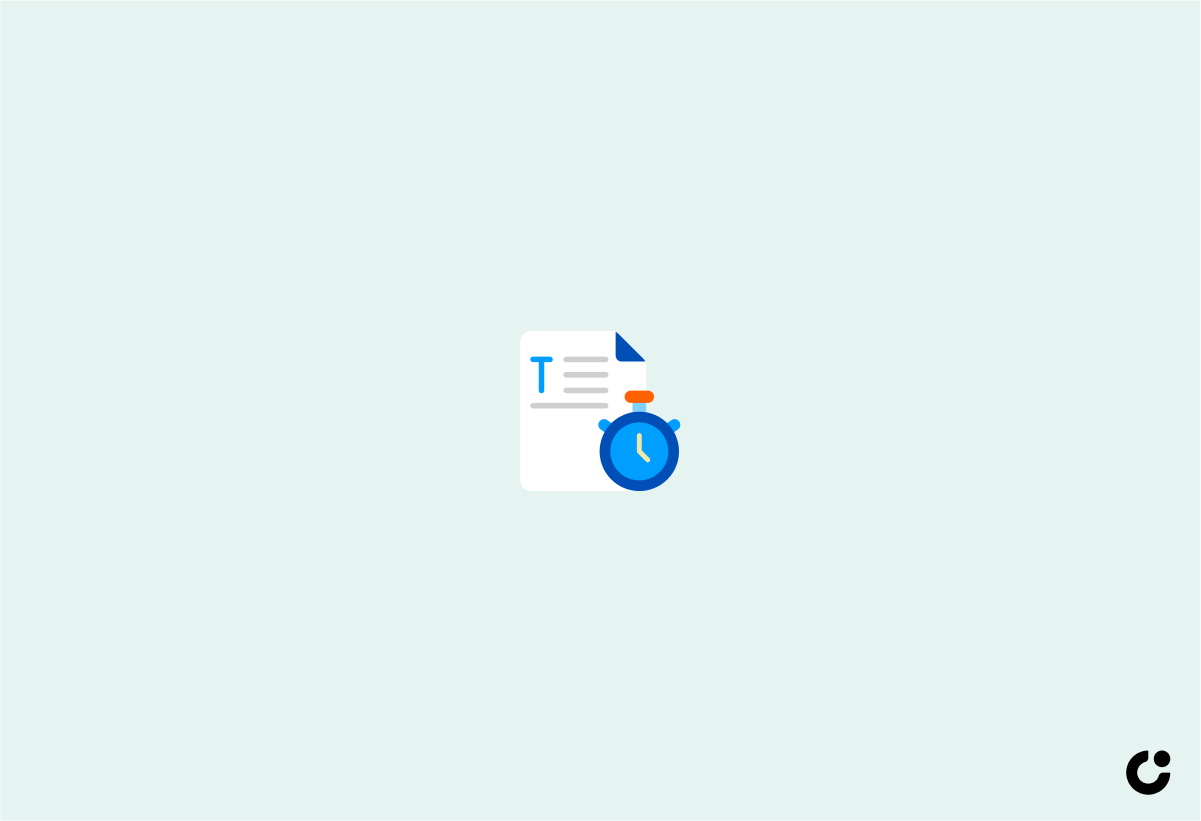
Finally, suggest a specific time and format for the informational interview, while remaining flexible to accommodate the recipient’s schedule. For instance, you could propose something like, “I understand that you may have a busy schedule, but I would greatly appreciate the opportunity to chat with you for 20 minutes at a time that is most convenient for you within the next few weeks. Please let me know if this works for you.”
You may also offer alternative formats for the informational interview, such as a phone call or video chat, to cater to the recipient’s preferences. By being accommodating and respectful of the recipient’s time, you increase the likelihood of securing a successful informational interview.
Strategies for Increasing Response Rates

Having highlighted the significance of cold emailing for informational interviews and provided a useful email template, let’s delve into strategies for boosting response rates.
In the following subsections, we will explore the benefits of utilizing mutual connections, timing follow-ups, and staying persistent but respectful.
Utilizing Mutual Connections
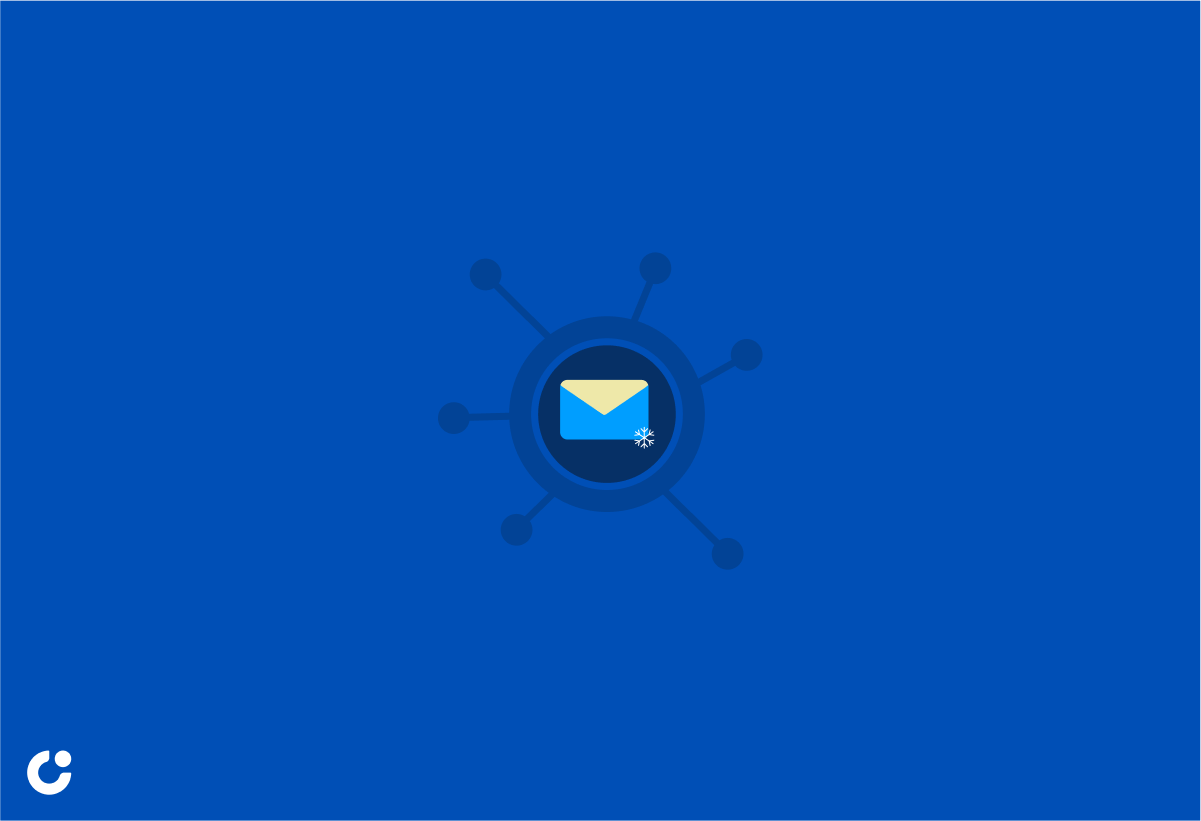
As previously noted, highlighting mutual connections in your email can enhance the response probability by fostering credibility and trust. To locate mutual connections, consider using LinkedIn or other professional networking platforms to find common acquaintances between you and the recipient. By referencing these connections in your email, you demonstrate that you have taken the time to research the recipient and have a genuine interest in connecting with them.
Incorporating mutual connections into your cold emailing strategy can significantly enhance your success rate and help you build a stronger professional network. By leveraging these connections, you can improve your chances of securing valuable informational interviews and gaining insights into your desired industry.
Timing Your Follow-ups
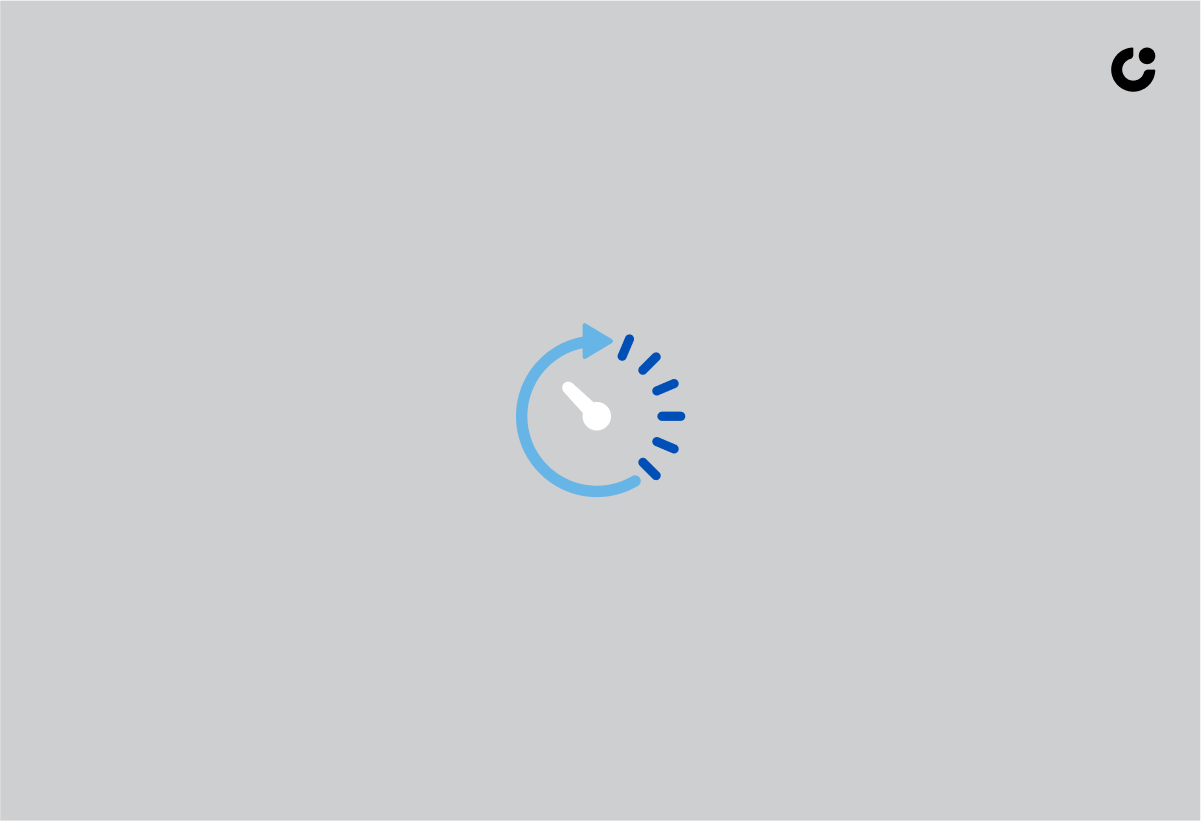
Appropriate timing of your follow-up emails is vital to display persistence without seeming intrusive or bothersome. It is generally recommended to send the first follow-up email no later than three days after the initial outreach, with subsequent follow-up emails spaced out by approximately 3 to 4 days. This approach has been known to significantly increase reply rates.
Keep in mind that people might be busy or need some time to respond to your email. By following up at appropriate intervals, you demonstrate your genuine interest in connecting with the recipient and respect for their person’s time, as well as the other person’s time.
Staying Persistent but Respectful

Maintaining persistence while remaining respectful in your follow-up emails is key to showing your sincere interest and dedication to the informational interview. While it’s important to be persistent in your follow-ups, it’s equally important not to come across as overly aggressive or irritating. Striking the right balance between persistence and respect can significantly improve your chances of securing an informational interview.
Remember, the goal of cold emailing for informational interviews is to establish connections, learn from experienced professionals, and gain valuable career insights. By staying persistent but respectful in your follow-up emails, you demonstrate your commitment to these objectives and increase the likelihood of securing a successful informational interview.
Preparing for the Informational Interview

Having learned about the significance of cold emailing for informational interviews, the art of writing an effective email, and strategies to boost response rates, it’s now time to gear up for the informational interview.
In the following subsections, we will cover conducting background research, formulating relevant questions, and presenting yourself professionally during the informational interview.
Conducting Background Research

Prior to the informational interview, it’s vital to undertake comprehensive background research on the recipient and their field. This research will help you formulate informed questions during the interview, demonstrate your interest and knowledge, and make a positive impression on the interviewee. Furthermore, background research can provide insights into industry trends and challenges, helping you make the most of the interview opportunity.
To conduct background research, consider using professional networking platforms, such as LinkedIn, or reputable industry publications and websites. By being well-informed about the recipient’s career and industry, you can ask thoughtful and relevant questions during the informational interview, leading to a more valuable and engaging conversation.
Formulating Relevant Questions

Crafting pertinent and thoughtful questions is key to extracting valuable insights and advice during the informational interview. By focusing on specific aspects of the recipient’s career, industry, or company, you can drive the conversation toward topics that are most relevant to your career goals and interests.
Some examples of relevant questions to ask during an informational interview include:
Asking about their career path
Inquiring about the skills required for their job
Learning about a typical workday
Discussing recent projects they’ve been involved in
These questions can help job seekers gain valuable insights and advice from professionals in their desired industry, guiding them toward a successful career path.
Presenting Yourself Professionally

During the informational interview, it’s crucial to project a professional image by dressing suitably, arriving on time, and upholding a respectful demeanor. By doing so, you convey that you take the informational interview seriously and are committed to learning from the recipient’s experiences.
Additionally, professional presentation helps create a positive and lasting impression on the person being interviewed. It demonstrates your knowledge and abilities, potentially leading to new opportunities or connections in your desired industry. By presenting yourself professionally during the informational interview, you increase the likelihood of gaining valuable insights and establishing a strong professional network.
Post-Interview Etiquette and Networking

Subsequent to the informational interview, it’s crucial to adhere to proper etiquette and sustain the relationship with the recipient. In the following subsections, we will discuss sending a thank you note, maintaining the connection, and implementing learned insights to improve your career prospects and professional development.
Sending a Thank You Note
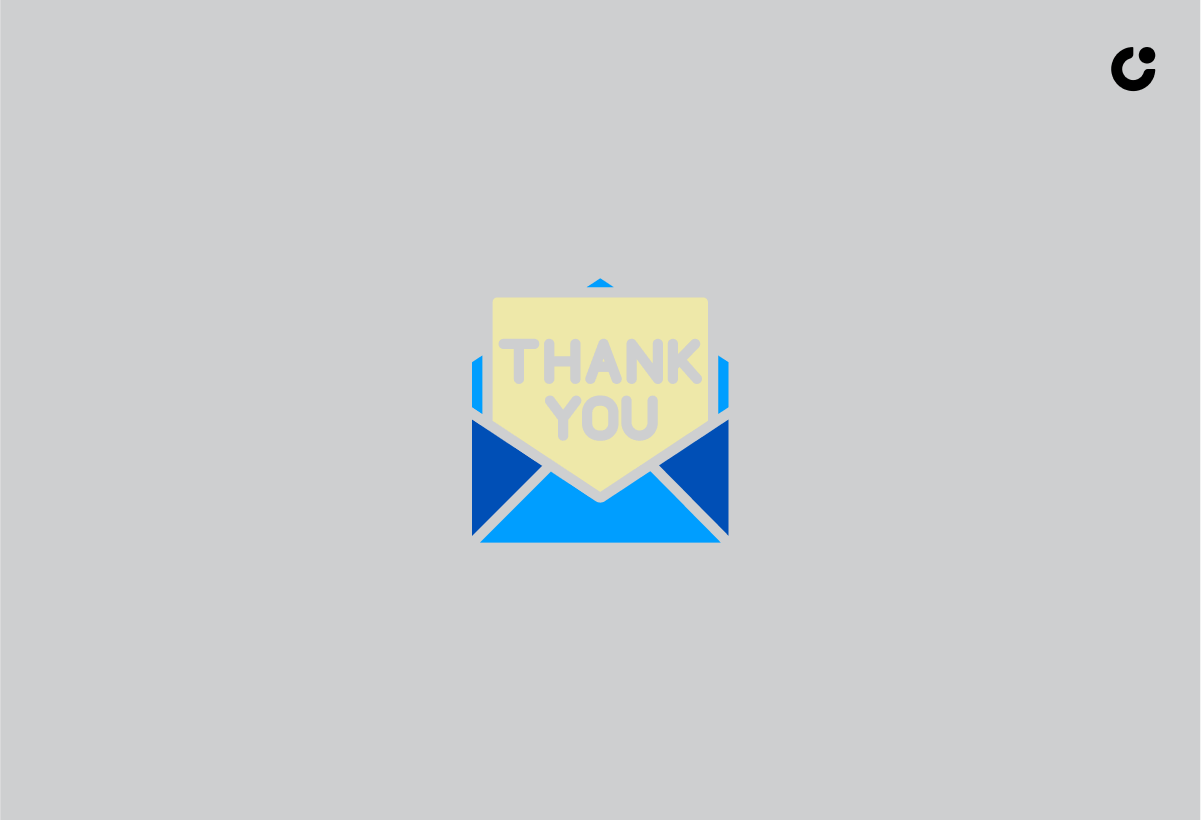
Dispatching a thank you note post informational interview is crucial to convey your appreciation and fortify the bond with the recipient. It demonstrates your appreciation for their time and insights, and it helps to create a positive and lasting impression on the interviewee. A thank you note should be sent promptly after the informational interview, within 24 to 48 hours, to show your appreciation and genuine interest in the conversation.
In your thank you note, express gratitude for the time and insights that the interviewer has shared with you. Additionally, consider mentioning specific points from the conversation that you found valuable or insightful. This demonstrates that you were actively engaged and attentive during the interview, further reinforcing the connection with the recipient.
Maintaining the Connection

Preserving the rapport with the recipient post the informational interview is vital to continue expanding your professional network and stay abreast with opportunities in your targeted industry. Here are some ways to stay in touch:
Periodically reach out to the recipient to update them on your career progress
Share interesting articles or news related to their industry
Simply check in on their professional journey
By staying connected, you can maintain a valuable relationship and potentially open doors for future opportunities, as you look forward to new possibilities.
By maintaining the connection with the recipient, you demonstrate your ongoing interest in their career and industry, and you continue to strengthen the professional relationship. This connection can lead to future opportunities, such as a new job, career advice, or introductions to other professionals in your desired field.
Implementing Learned Insights
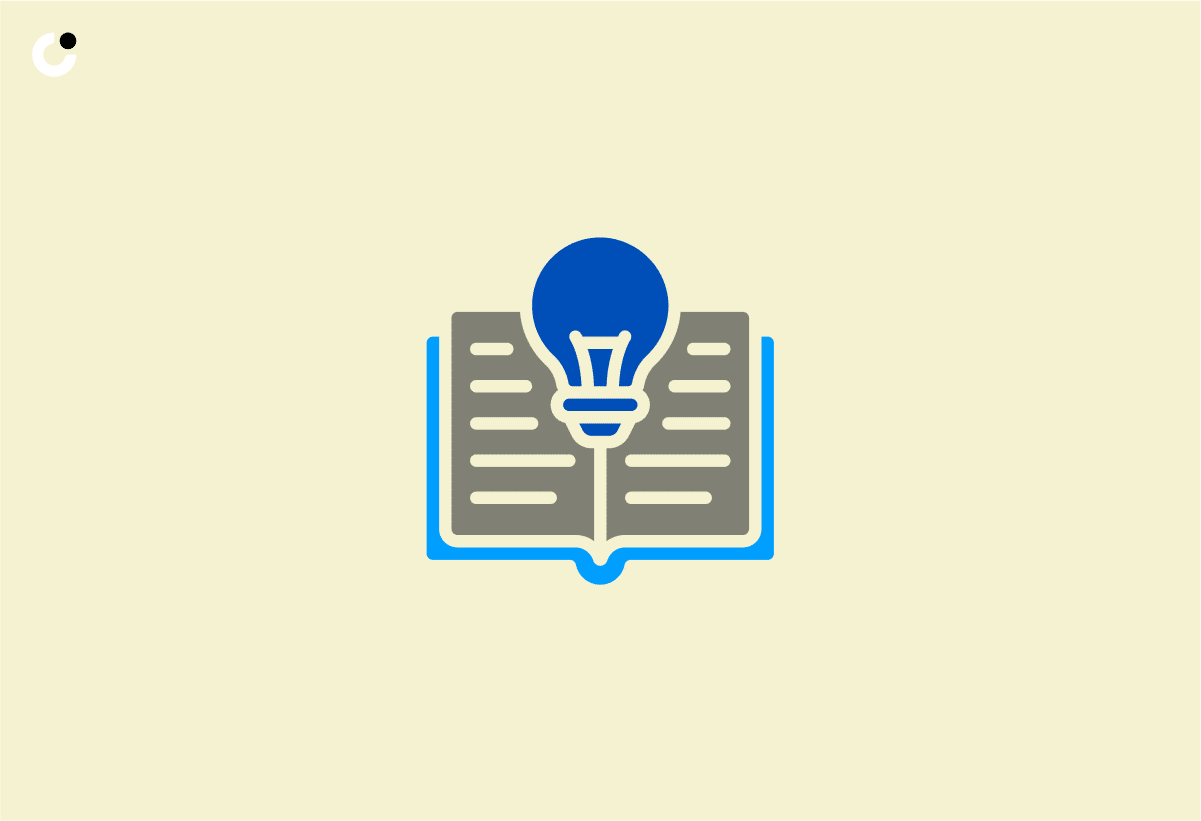
Upon completion of the informational interview, it’s crucial to ponder over the accrued insights and advice and incorporate them into your career planning and professional development. This may involve updating your job search strategy, enhancing your skillset, or exploring new career paths based on the guidance received during the informational interview.
By putting the insights and advice gained from the informational interview into practice, you can improve your career prospects and professional development. This proactive approach demonstrates your commitment to learning and growth, making you a more attractive candidate for future opportunities in your desired industry.
Summary
In conclusion, cold emailing for informational interviews is a valuable networking tool that can lead to advantageous connections, industry insights, and career guidance. By crafting a personalized, genuine, and clear cold email, utilizing strategies to increase response rates, and properly preparing for the informational interview, you can make the most of this opportunity. Remember to maintain post-interview etiquette, stay connected with the recipient, and implement the insights and advice gained to improve your career prospects and professional development. With persistence and determination, cold emailing for informational interviews can open doors and create lasting connections in your desired industry.
Frequently Asked Questions
How do you cold email someone for an informational interview?
I'm reaching out to inquire about an informational interview regarding [topic], as I'm interested in learning more about it. I know your time is valuable, and would greatly appreciate any insights you can share within 15-20 minutes. If you're available, I'd love to hear your thoughts on my questions at a time that's convenient for you. Thank you for your consideration.
How do you politely ask for an informational interview?
In a polite and formal tone, I would ask for an informational interview by saying: "Hi [Name], My name is [your name] and I am currently [your employment/student status]. I am interested in learning more about [reason for an informational interview]. I would greatly appreciate an opportunity to talk with you for 15-20 minutes to ask you some questions about your experience."
How do you follow up an email asking for an informational interview?
I wanted to follow up on my request for an informational interview. I understand how busy you are and hope you can spare a bit of your time to discuss your experiences. I'm grateful for any insights you could share and have included my resume and/or LinkedIn profile. Thank you in advance for considering my request.
Is cold emailing illegal?
Cold emailing is not illegal in the US as long as it complies with CAN-SPAM Act provisions, which include sharing accurate information, your physical address, and an unsubscribe link.
What is the main objective of cold emailing for informational interviews?
The main objective of cold emailing for informational interviews is to establish connections, gain industry insights, and receive career guidance.

